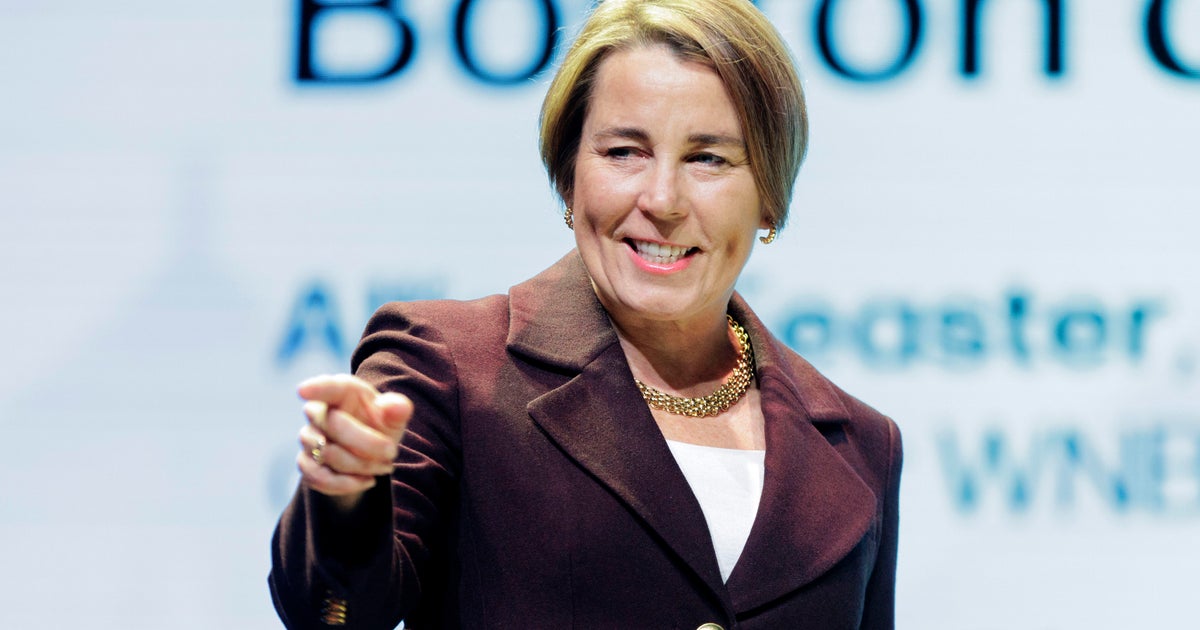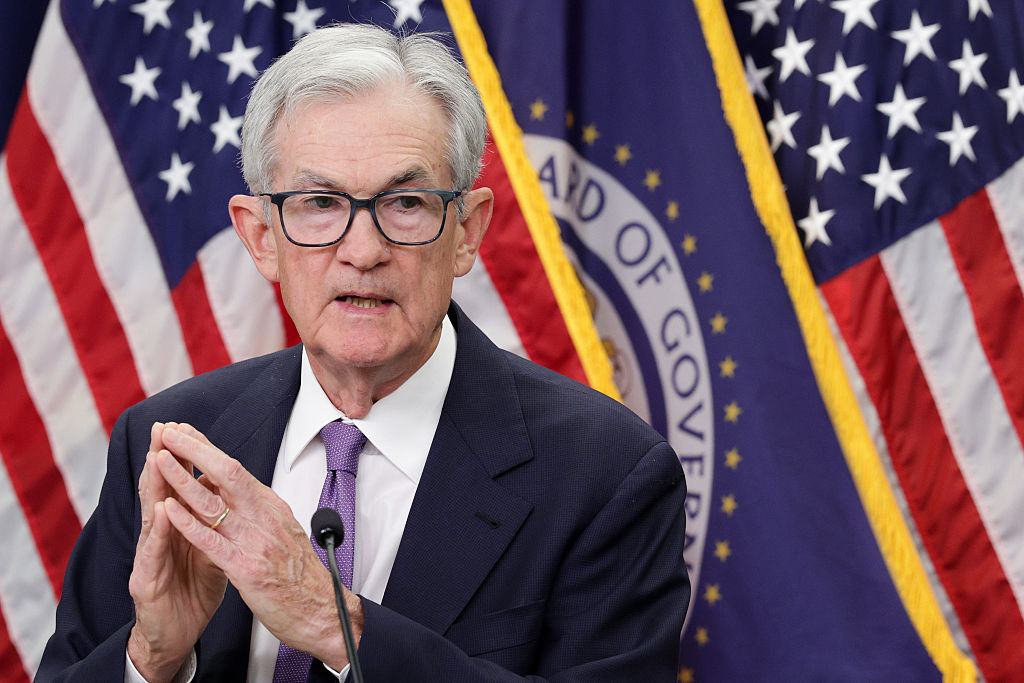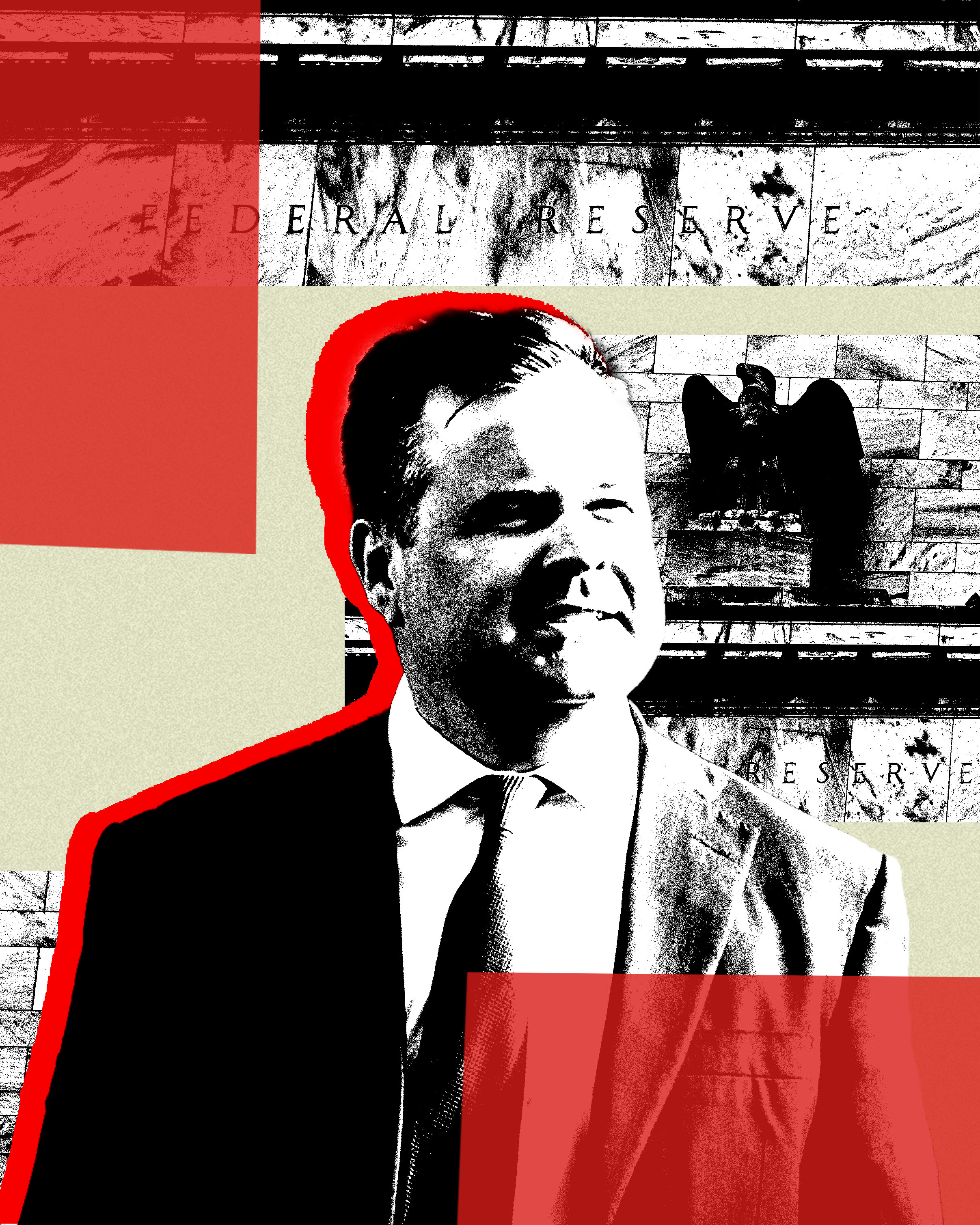Trump says Federal Reserve policies are "very destructive" to U.S. economy
- President Donald Trump told CNBC the Federal Reserve has been "very destructive" to the U.S.
- By contrast, he said, China President Xi Jinping's effective control over the country's monetary policy gives it an advantage.
- Although he picked four of the Fed's five board members, including Chairman Jerome Powell, Mr. Trump said the policymakers are "not my people."
President Trump said Monday that the Federal Reserve's policies have been "very destructive" to the U.S., complaining that Chinese President Xi Jinping's control of the country's central bank gives that country an unfair advantage.
Mr. Trump made clear in an interview with CNBC his frustration with a century-old system that provides political independence for America's central bank -- something most economists see as vital to its credibility. Mr. Trump noted that China's president, by contrast, is essentially also head of the Chinese central bank.
"They devalue their currency. They have for years. It's put them at a tremendous competitive advantage, and we don't have that advantage because we have a Fed that doesn't lower interest rates," Mr. Trump said.
"We should be entitled to have a fair playing field, but even without a fair playing field--because our Fed is very, very destructive to us — even without a fair playing field we are winning," he added.
The president also complained that even though he selected four of the Fed's five board members, including elevating Jerome Powell to chairman, "We have people on the Fed that really weren't, you know, they're not my people," Mr. Trump said in a telephone interview with CNBC's "Squawk Box."
In addition to choosing Powell, a Republican whom President Barack Obama had named to the Fed board, to be chairman, Mr. Trump has filled three other vacancies on the board in his first two years in office. Lael Brainard is the only Democrat on the board. There are still two vacancies on the seven-member board. Mr. Trump had earlier intended to nominate two political allies — Herman Cain and Stephen Moore — but both later withdrew in the face of sharp opposition from critics.
Mr. Trump has repeatedly called out the Fed and Powell for what the president sees as the central bank's failure to support economic growth, saying in 2018 that the Fed is a "much bigger problem" for the U.S. than China.
Speaking of the Fed's policymaking committee, Mr. Trump on Monday reiterated his frustration that the panel raised its key short-term rate four times last year and acted to reduce the Fed's balance sheet debt holdings despite his public warnings against it. "They certainly didn't listen to me because they made a big mistake," he said.
Last week, Powell helped fuel a rally in the stock market by holding out the possibility that the Fed will soon cut rates to protect the economic recovery from any damage resulting from the Trump administration's trade wars. Many analysts think the Fed will cut rates more than once before year's end, perhaps beginning in July, though that view is not unanimous.
"Although it is a close call, we still expect the [Federal Open Market Committee] to keep the funds rate unchanged in the remainder of the year," Goldman Sachs economist Jan Hatzius said in a research note.
On trade, Mr. Trump warned that if Xi chooses not to meet with him at the Group of 20 summit late this month in Osaka, Japan, he will move to impose tariffs on the $300 billion in imports from China that haven't already been taxed. But Mr. Trump said he expects Xi to meet with him.
"If we do, that's fine and if we don't, that's fine," the president said.





